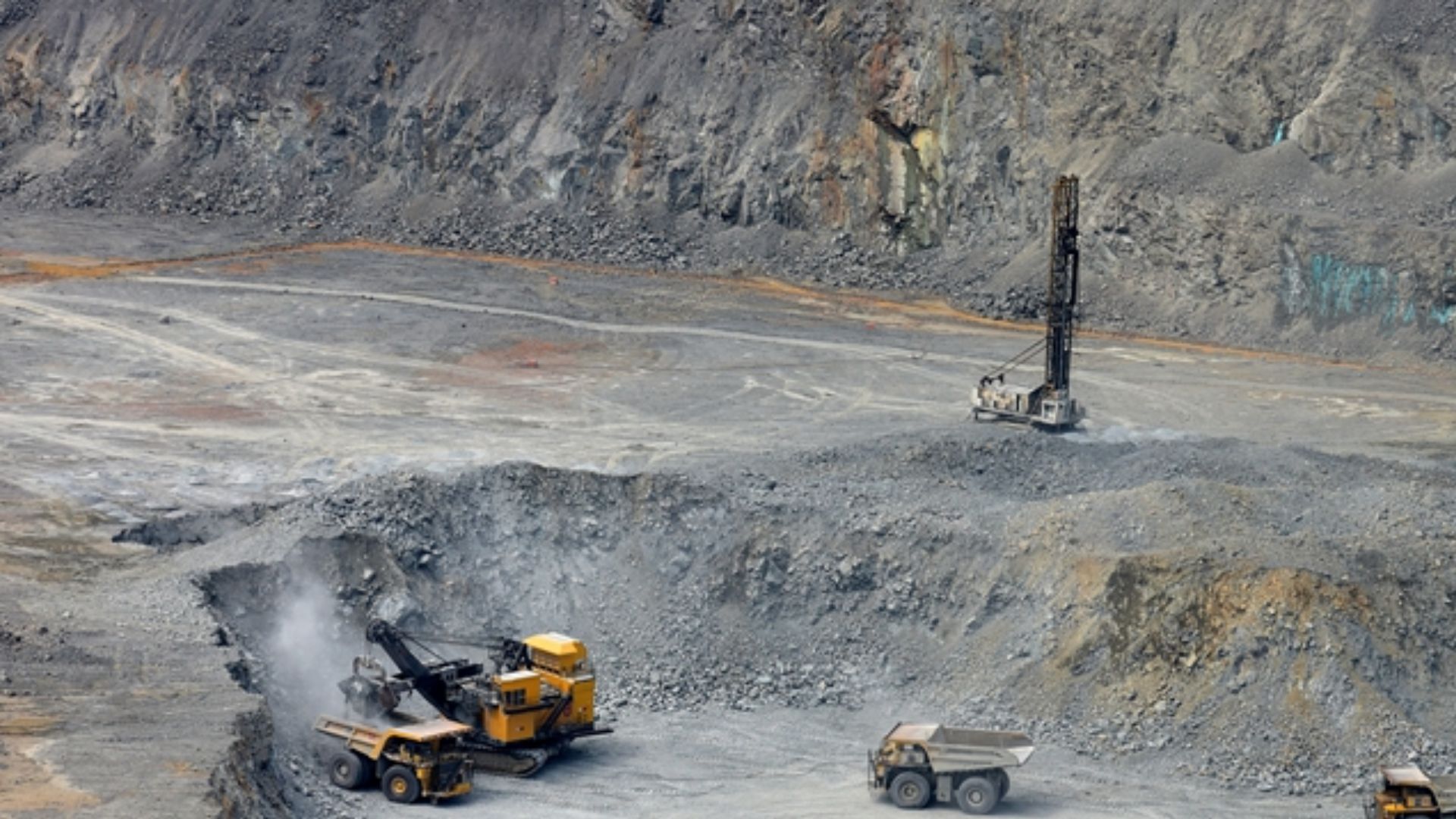Unlocking the Resource Potential: The DRC's Riches and Exploration Opportunities
- DRC | 6 September 2019

The Democratic Republic of Congo (DRC) is renowned for its abundant mineral resources, making it one of the world’s most resource-rich countries. With vast deposits of copper, cobalt, zinc, iron, uranium, diamonds, and gold spread across different regions, the DRC holds tremendous potential for the mining industry. This article delves into the history and significance of cobalt mining in the Katanga province, explores the untapped exploration opportunities, and discusses the importance of creating a favorable business environment for unlocking the country’s full resource potential.
Cobalt, a crucial metal widely used in various industries, has a long history dating back to Ancient Egypt. The word “cobalt” originated from German miners who coined it “kobold,” meaning goblin, due to their superstitions about deadly fumes arising from metal processing. In the DRC, cobalt mining began in 1914 with the discovery of the world’s largest deposits in the Katanga region. Although cobalt is not considered a rare metal, its extraction primarily occurs as a byproduct of mining for metals like nickel and copper. The Katanga region, known for its significant copper mining activities, offers attractive cobalt resources due to easily accessible old mine tailings and workings. While efforts are underway to find cobalt reserves outside the DRC, the country’s dominance in global cobalt supply is projected to increase from 66% in 2017 to 73% by 2023, according to Benchmark Mineral Intelligence.
While the DRC’s cobalt reserves are unmatched, there is a vast unexplored potential for other minerals in the country. The Copperbelt region, straddling the border between Zambia and the DRC, contains some of the world’s highest-grade copper deposits. However, due to limited exploration work and the lack of organized historical data, approximately 50% of the Copperbelt remains unexplored. The high costs associated with exploration and the need for advanced techniques further hamper exploration efforts. Nevertheless, both government and corporate initiatives are being undertaken to map out the country’s resource potential. Government-funded programs and technological advancements, such as airborne surveys and artificial intelligence systems, are enhancing the identification of potential resources.
Advancements in mining technology not only contribute to the efficient extraction of target metals but also present opportunities for beneficiation of byproducts like uranium and manganese. This opens new markets for the DRC’s largely untapped resources. Moreover, technological innovations, including blockchain and tracking systems, are increasingly being adopted to ensure ethical sourcing of commodities. For instance, the Kampene Gold Pilot initiative, supported by German-Congolese technical cooperation, aims to establish legal gold supply chains in the DRC. By utilizing GPS-backed electronic registration and online databases, this initiative enhances transparency and discourages the smuggling of gold across borders.
Realizing the DRC’s full resource potential hinges on the concerted efforts of the government, corporate entities, and the international community to create an attractive business environment. This requires addressing various challenges, including political stability, legal frameworks, infrastructure development, and ensuring the protection of human rights. By fostering favorable conditions, the DRC can attract investment, encourage responsible mining practices, and maximize the benefits of its rich mineral resources.
The Democratic Republic of Congo stands as a treasure trove of mineral resources, with vast reserves of copper, cobalt, zinc, iron, uranium, diamonds, and gold. As the global demand for these resources continues to rise, the DRC has the opportunity to play a significant role in meeting the world’s needs. Expanding exploration efforts, harnessing technological innovations, and creating a favorable business environment are crucial steps toward unlocking the DRC’s full resource potential. By embracing sustainable and responsible mining practices, the country can ensure the long-term benefits of its mineral wealth while promoting economic development and safeguarding the rights of its citizens.








